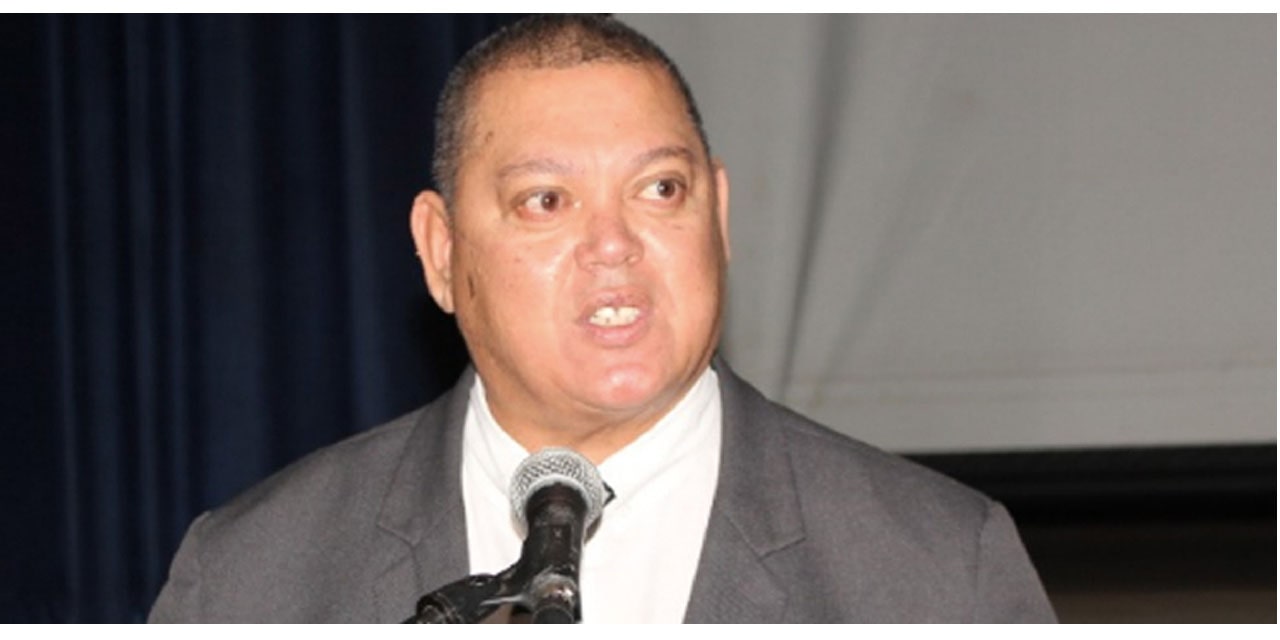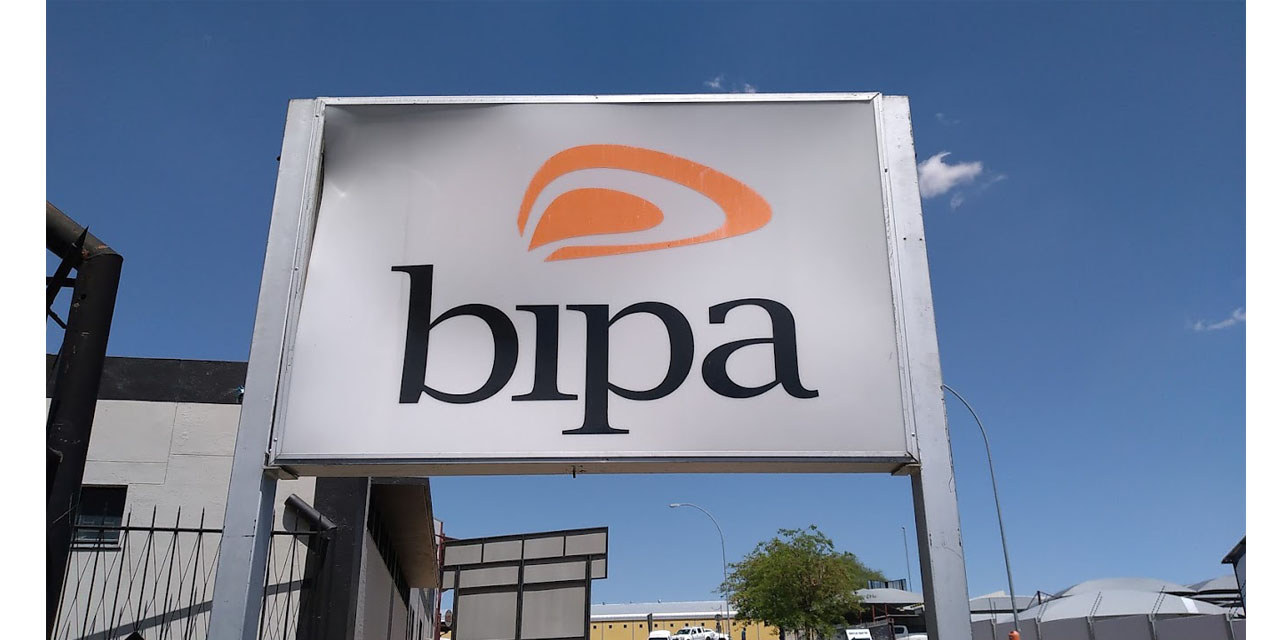Niël Terblanché
Almost 600 workers in the fishing industry have been re-employed after signing contracts with four fishing companies in Walvis Bay recently.
The re-employment of the 581 fishermen is part of an effort by the Ministry of Fisheries and Marine Resources and various fishing companies to mitigate the devastating effects of the mass lay-offs that occurred in the wake of the Fishrot debacle.
At the time, nearly 5 000 workers lost their jobs and a majority of the former workers have been protesting the devastation to their lives at the soccer stadium in the Kuisebmond neighborhood of Walvis Bay ever since. Some of the fishermen have been re-employed but the largest portion of the group is still struggling to find jobs
The mass layoffs were a direct result of the manipulation of the allocation of fishing quotas by the suspects, in the massive Fishrot corruption scandal, Namibia’s biggest corruption scandal yet.
Fisheries Minister, Derek Klazen, shortly before the Easter weekend attended the signing of contracts where he spoke briefly about the inner workings of the Government Employment Redress Programme which is aimed at eventually employing another 1 100 fishermen.
The 581 workers signed their brand-new employment contracts with hake right holders Tunacor Fisheries Limited, Seaworks Fish Processors, Merlus Fishing and Hangana Seafood.
Under the redress programme, the fisheries ministry has availed hake fishing quotas to the three companies that offered employment contracts to the 401 workers.
Klazen indicated that as soon as the horse mackerel fishing companies come to an agreement with the fisheries ministry, the remaining 1 300 workers will be employed.
During discussions, Klazen revealed that it takes about eight tonnes of fish to employ one worker per year.
The programme aims at providing permanent jobs for people and differs radically from previous efforts of the fisheries ministry to employ the more than 400 workers that abandoned their posts at Seaflower Pelagic Processing (SPP) after not receiving salaries for months.
Seaflower Pelagic Processing was a joint venture between the National Fish Corporation (Fishcor) and Africa Selection Fishing which could not continue with operations after it did not receive any horse mackerel fishing quotas for years as a result of the Fishrot scandal.
Operations at SPP ground took a halt after Albert Kawana, the former fisheries minister, decided to discontinue to allocation of horse mackerel fishing quotas to the public and private sector joint venture.
The messy divorce between African Selection Fishing and the Namibian Government as the main shareholder in Fishcor is still pending in the High Court of Namibia.
At the time the workers were put on the payroll of various fishing companies without actually having to do any physical work. In return, the fishing companies that participated in the scheme received fishing quotas that they were allowed catch process and sell.
Klazen reiterated that the ministry will no longer entertain the allowance per month type of employment for fishermen.
Under the Government Employment Redress Programme 119 workers signed permanent and active employment contracts with Seaworks, 92 with Merlus, 180 with Tunacor and 290 with Hangana.
The Minister added that the names of the horse mackerel companies that will employ the remaining 1 119 fishermen will be announced once the workers have signed their names on permanent employment contracts.




